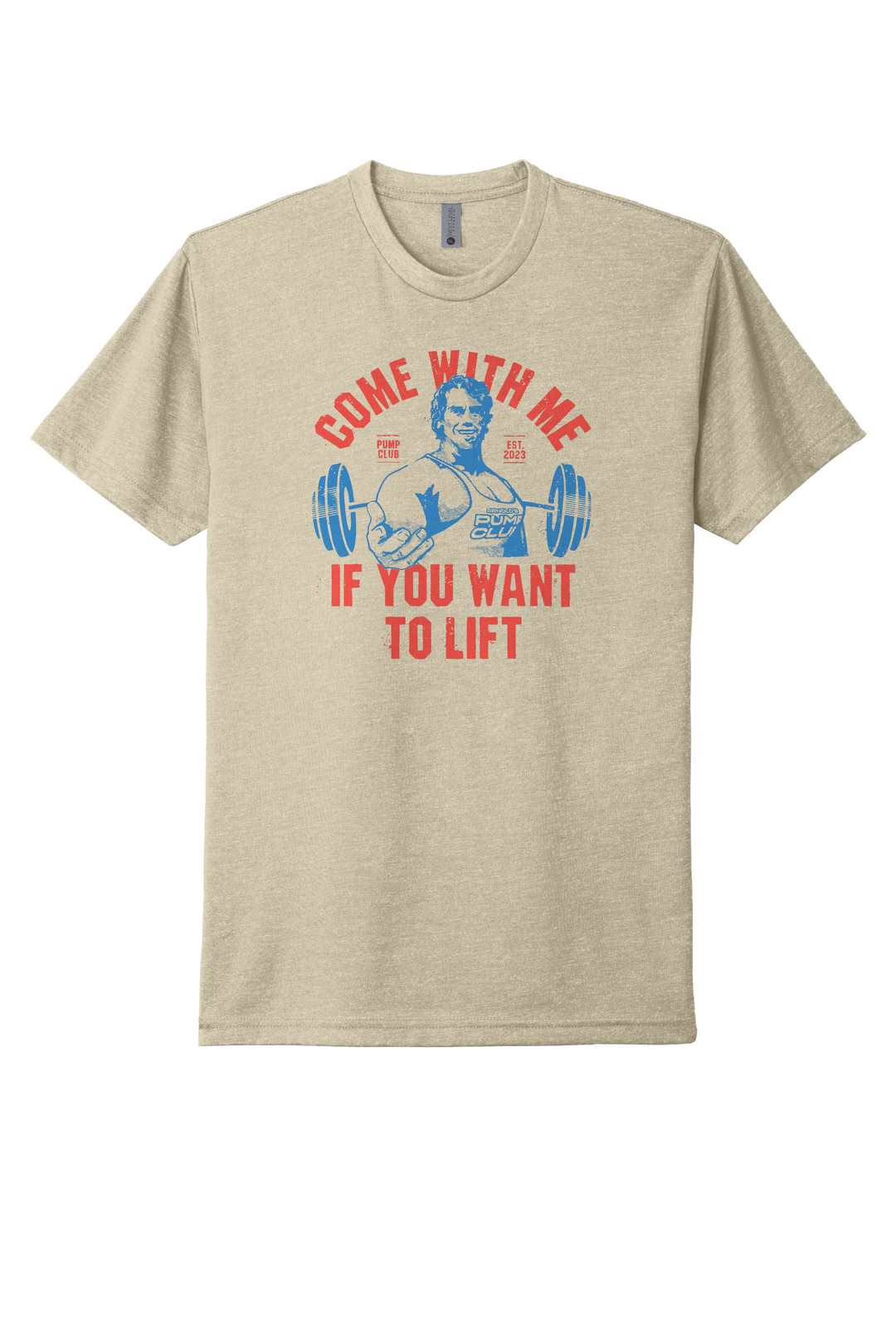Welcome to the positive corner of the internet. Here’s a daily digest designed to make you healthier in less than 5 minutes. If you were forwarded this message, you can get the free daily email here.
Today’s Health Upgrade
From Arnold: My legacy
Happy gut, happy brain?
The end of bulking season
Those monthly cravings
Arnold’s Podcast
Motivation every day. Want Arnold to help you start your day? Each morning, we post a new podcast with tips you’ll find in the daily email and bonus stories, wisdom, and motivation from Arnold. Listen to Arnold's Pump Club podcast. It's like the daily newsletter but with additional narration and thoughts from Arnold. You can subscribe on Apple, Spotify, Google, or wherever you listen to podcasts.
My Legacy…
A lot of people make shit up when they do a book trailer. I meant every single word of this. Thank you all for being my legacy.
Also, I hope you enjoy this podcast with my friend Tim Ferriss. Tim is a fantastic interviewer, and he found new topics for us to discuss in our recent conversation. Enjoy!
Happy Gut, Happy Brain?
Probiotics are linked to everything from helping asthma and improving sleep quality, to improved gut health, but much of the research is still early. And yet, evidence is building in a space you might not expect.
A recent review of 13 studies suggests probiotics may help treat depressive symptoms.
This meta-analysis showed that when people with mild or moderate depression supplemented with probiotics, prebiotics (fiber that helps feed probiotics), and synbiotics (a combination of probiotics and synbiotics), they experienced a reduction in their depression symptoms. Further studies are needed to determine if probiotics could help in the context of severe depression. Notably, studies that provided prebiotics alone did not show any benefits, so probiotics are likely the primary provider of the effects.
While more research is needed to determine why probiotics may help treat depression, there are two current theories: gut microbes produce short-chain fatty acids with mood-altering effects. In addition, certain gut bacteria may stimulate the vagus nerve, which sends signals from the gut to the brain that improve mood.
The End of Bulking Season
Are you looking to maximize your gains in the gym and get leaner at the same time? If so, a recent study has some interesting findings for you.
If you want to gain muscle, you might not need to overeat as much as you once thought.
The traditional view of building muscle is that you need a substantial “calorie surplus” to become bigger. But this new study put that to the test.
The scientists randomly assigned lifters to one of three conditions: maintenance (eating the number of calories needed to maintain current weight), a low surplus (5 percent above maintenance), or a large surplus (15 percent over maintenance).
The participants consumed 1.8 grams of protein per kilogram of their weight and ate 20 percent of calories from fat and 40 percent from carbs. They could choose to eat anywhere from 3 to 5 meals per day and had at least 20 grams of protein within 2 hours of completing their workout. For their workouts, they performed intense full-body workouts three times per week.
Despite the bump in calories, the gain in muscle for the surplus groups was not significantly more than the maintenance group. In fact, all groups saw similar increases in strength, muscle growth, and skinfold thickness. That means the extra calories were not necessarily supporting muscle growth but instead were adding fat.
Does this mean extra calories have no benefit? Not exactly. The study was relatively small and had some limitations. And, if you want to gain weight (say going from 180 to 190 pounds), you need to add more calories at some point. But, over the last 20 years, the idea of bulking — gaining lots of weight and then cutting down — has been challenged by many studies.
In most situations, the calories people consume to gain muscle far exceeds the amount of muscle you add, meaning you’re unnecessarily overeating and gaining fat that isn’t serving your goals. If you want to gain weight, you need more calories. But, how much you bump up your calories should be a gradual process that allows for efficient muscle gain without too much unnecessary fat gain.
If you want to build muscle, start by training hard and seeing how your body changes. If you want to change the number of the scale, you might want to start by maintaining a slight calorie surplus of around 250-500 calories per day and see how you progress every 1 to 2 months. Combine this with regular strength training, and you're on your way to impressive gains in strength and muscle size.
Those Monthly Cravings
Are women’s cravings driven by their monthly biology? If you’ve ever felt like you can’t control your hunger, scientists discovered something that supports what you’ve been feeling.
New research suggests that your brain changes during your monthly cycle and increases your desire for specific foods.
If you’re a woman, this might not feel groundbreaking. But the research offers a new look a what’s happening to drive hunger. The researchers were assessing hormonal changes that occur during different parts of a cycle when they noticed something they didn’t plan on discovering.
The researchers found that during the early part of a cycle, the female body is more sensitive to insulin (this is a good thing). But, during the luteal phase (the window after ovulation), the body becomes more insulin-resistant. In studies on people with obesity, insulin resistance increases appetite and cravings. This would make sense, given that other research suggests women have greater hunger during this part of the cycle.
It was a small study and there’s more to learn, but as we repeatedly share, awareness of what’s happening with your body can help you better navigate moments that might feel frustrating.
To be clear, this is a natural and short-lived process. If you know you’re more likely to have cravings during this portion of your cycle, remember there’s no need to internalize guilt or believe this will hold back progress. Remember — you can’t screw this up — and if you understand these variations are a part of life, you can get back on track once the cravings subside.
—
Publisher: Arnold Schwarzenegger
Editors-in-chief: Adam Bornstein and Daniel Ketchell
























































